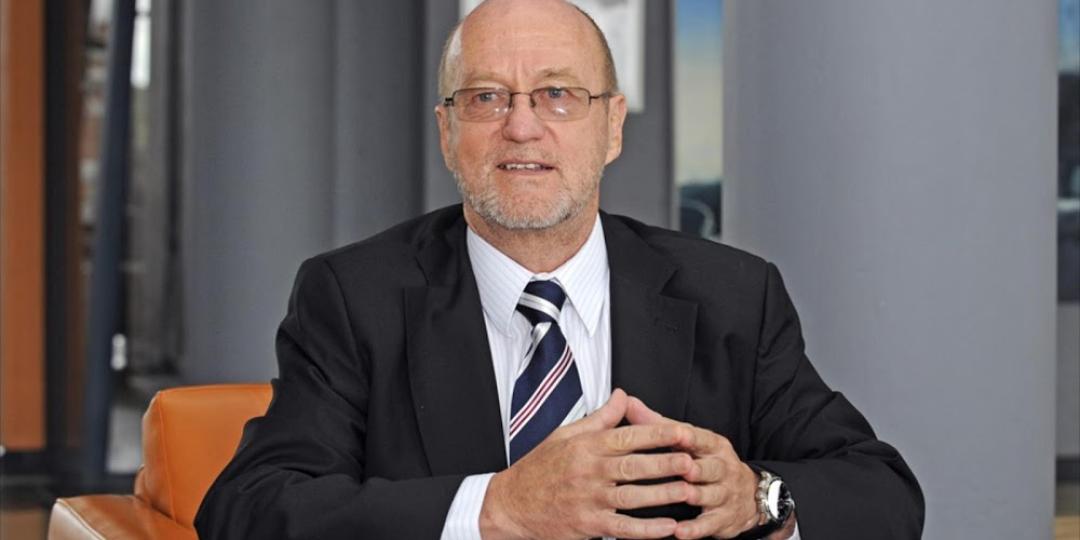South Africa’s Minister of Tourism, Derek Hanekom, shared his insights on key issues facing the country’s tourism industry, placing special focus on the Chinese market, during the Southern Africa Tourism Services Association (Satsa) Conference 2018, at the Boardwalk Hotel in Nelson Mandela Bay, Eastern Cape.
Hanekom, who was unable to attend the conference due to the BRICS Summit, and prior commitments with SA President, Cyril Ramaphosa and the Chinese delegation, recorded a conversation with David Frost, CEO of Satsa. The Minister emphasised the importance of the Chinese market, which holds enormous growth potential for SA’s tourism industry.
The UK is currently South Africa’s largest source market, according to Hanekom. With this being said, he explained how SA needed to concentrate its efforts on countries that have growth potential as well as existing potential.
China is an important source market to SA, according to Hanekom, however all SA’s source markets are still hindered by the country’s visa requirements. Using China as an example, with just under 100 000 tourists recorded last year, Hanekom said Lin Songtian, Chinese Ambassador to SA, told him SA should be able to attract one million Chinese visitors within five years.
Hanekom added that the discussions between SA and China were critically important to increase the volume of Chinese tourists, urging South Africans to take up Mandarin, as learning the language would encourage and promote Chinese travel to SA.
According to Hanekom, tourism growth can be done by destination enhancement, planning, improving visitors’ experience constantly, marketing the product, and marketing it successfully, as well as understanding which markets to target and why. As for the transformation component, Hanekom said the country needed to make it easier for those to travel to SA.
To do this, the Minister said more direct flights between SA and China were needed, adding that issues around visas needed to be urgently addressed.
Not far behind is India. Hanekom described Indian arrivals as more or less stable, however this market should be showing positive growth, followed by arrivals from Nigeria.
As for the 10 million tourists recorded last year, Hanekom said the bulk came from South Africa’s neighbouring countries.
Frost went on to ask, why the issues around visa regulations were taking so long. In response, Hanekom said: “There is a sense of urgency…Many factors were beyond our control, as we didn’t plan the Cape drought, or Ebola. But we are in control of the visa process. It has taken new momentum and has gone beyond where we were back in 2016,” adding that he would now treat this as his single topmost priority.






















